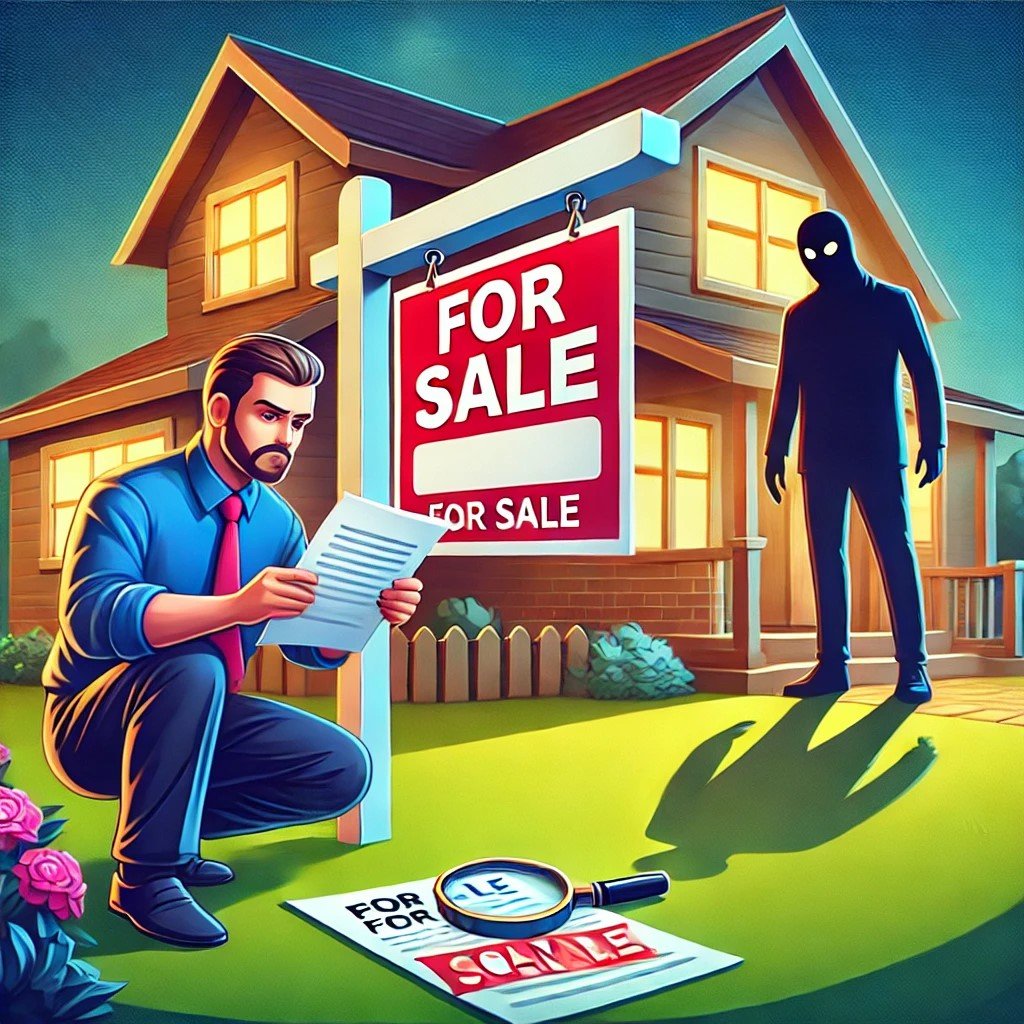Protecting Yourself from Scams When Selling Your Home
Selling a home is one of the most significant financial transactions many people will undertake, making it a prime target for scammers looking to exploit unsuspecting sellers. Protecting yourself from fraud requires vigilance, knowledge, and proactive measures. Here's how you can safeguard your home sale and avoid becoming a victim of scams.
Understand Common Scams
Awareness is the first step in avoiding scams. These are some of the most prevalent tactics used by fraudsters:
Overpayment Scams: A scammer poses as a buyer and offers more than the asking price, requesting a refund for the overage. Once the refund is sent, their original payment turns out to be fraudulent.
Fake Escrow Companies: Fraudsters create bogus escrow companies or websites, convincing sellers to deposit funds into their accounts.
Phishing Attempts: Scammers impersonate trusted professionals like attorneys or real estate agents, using fake emails or text messages to access sensitive information or request payments.
Too-Good-To-Be-True Offers: High offers paired with pressure to close quickly without inspections or due diligence can signal a scam.
Verify Identities
Always confirm the identity of anyone involved in your transaction. Here’s how:
Request Documentation: Ask buyers for a copy of their ID and proof of funds or mortgage pre-approval.
Check Credentials: If someone claims to be a professional, verify their credentials with their licensing body or association.
Watch for Unusual Communication
Scammers often reveal themselves through the way they communicate. Be cautious if potential buyers:
Use vague or overly generic language in emails or messages.
Avoid phone calls or in-person meetings.
Request personal information or funds through unconventional methods like wire transfers or payment apps.
Recognize Payment Red Flags
Payment issues are a major warning sign. Be wary if a buyer:
Suggests complex or unusual payment methods.
Insists on large cash payments without documentation.
Provides checks that take an unusually long time to clear.
Work with Trusted Professionals
Reputable professionals can add an essential layer of protection. Engage licensed real estate agents, attorneys, and escrow companies with strong track records. They can verify buyers, manage contracts, and ensure compliance with legal standards.
Protect Your Personal Information
Fraudsters often seek sensitive data. Safeguard yourself by:
Avoiding the sharing of sensitive information like bank account details or Social Security numbers.
Using secure platforms for online property listings to limit unauthorized access to detailed information about your property.
Maintain a Clear Paper Trail
Insist on written agreements for every aspect of the transaction. Avoid verbal commitments, and thoroughly review contracts before signing. If you have any doubts, consult your real estate agent or attorney for clarity.
Trust Your Instincts
If something feels off about a potential buyer or transaction, trust your intuition. Scammers often pressure sellers into rushed decisions. Taking the time to evaluate offers carefully and seek advice from trusted professionals can save you from costly mistakes.
Stay Informed and Vigilant
By staying educated about common scams and working with experienced professionals, you can navigate the home-selling process confidently and securely. A little caution and due diligence can go a long way in protecting your interests and ensuring a smooth sale.
